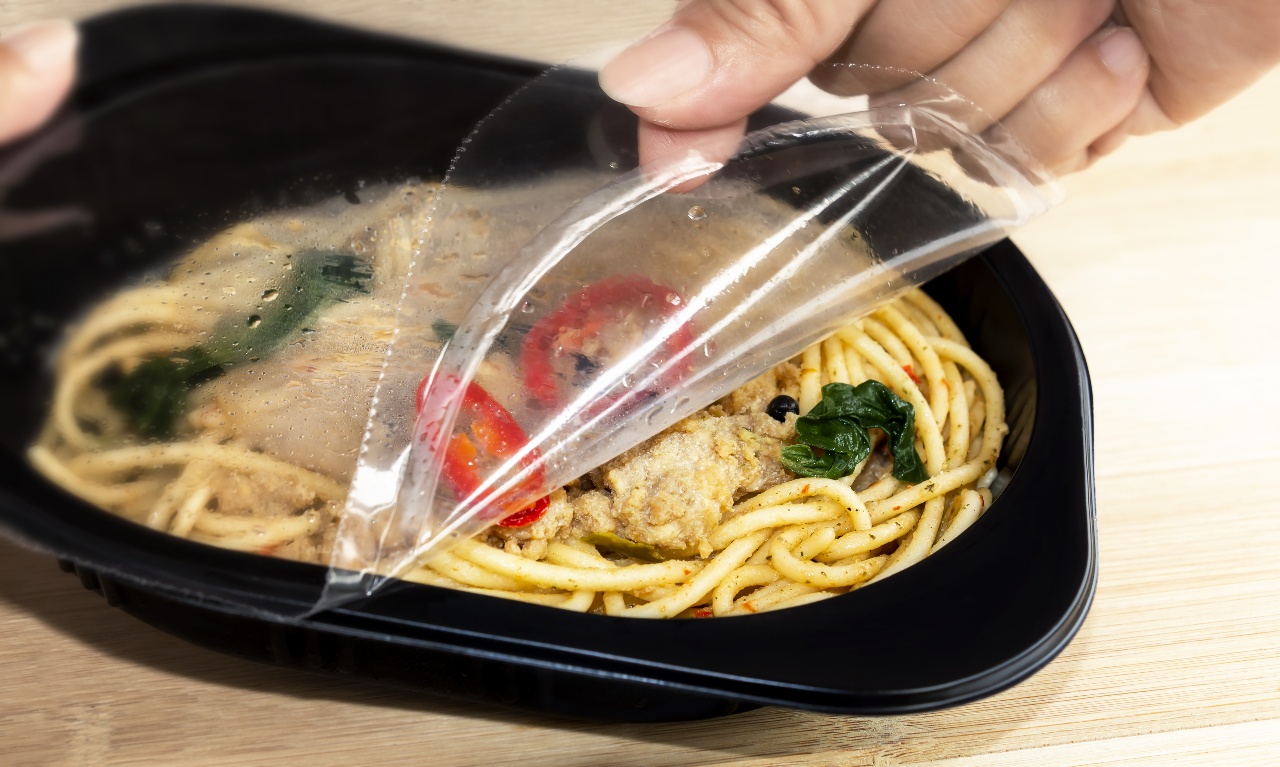In case you missed it recently, the supermarket giant Tesco has become the first UK retailer to remove a billion pieces of plastic from its stores and supply chain.
By working with its suppliers, product by product, it’s removed unnecessary and non-recyclable material, such as:
- Plastic shrink wrap around branded and own-label tinned multi-packs
- Secondary lids from yoghurts, fresh cream, picnic salads and baby wipes
- Plastic wraps from branded and own label greetings cards, and more
The result has been a reduction in its annual packaging footprint by almost three and a half thousand tonnes since August last year.
No mean feat.
Now we all know that this is just the start. Despite these advancements, the retail sector as a whole has plenty more to do, and plastic pollution continues to be one of the most visible and damaging effects of the climate crisis.
But what can other businesses and manufacturers learn from Tesco’s efforts, while protecting hard-earned gains to productivity and quality, and even improving things, in the process.
I want every factory to have access to the automated inspection and data gathering systems that make fast-moving, plastic-free packaging possible
I’ve always believed that part of the answer to retail’s sustainability question lies in automated inspection.
Plastic – specifically single-use wrap – was the wonder solution to the problem of secondary packaging in consumer goods. It was cheap, predictable and easy to handle at high speed.
As secondary packaging, it provided easy-to-handle multipacks direct for the retailer. Replacing its convenience and reliability with board and/or glue isn’t so easy.
If you can be sure of pack stability without the need for plastic overwrap or manual checks, you can remove it from your production process with confidence.
The right vision inspection system can check every pack and spot the tell-tale signs of deviation from the pre-programmed tolerances that might lead to collapsing packs or damage later on (see what our Hotspot solution can do).
You catch it early, and fix the problem before the product leaves your factory, without extra staffing costs eating into your margins.
This technology shouldn’t just be the preserve of the big boys. Tesco are blazing a trail, and inspiring the rest of us, but I want every factory to have access to the automated inspection and data gathering systems that make fast-moving, plastic-free packaging possible.
If you’re looking to remove plastic from your factory or supply chain, let’s talk.

